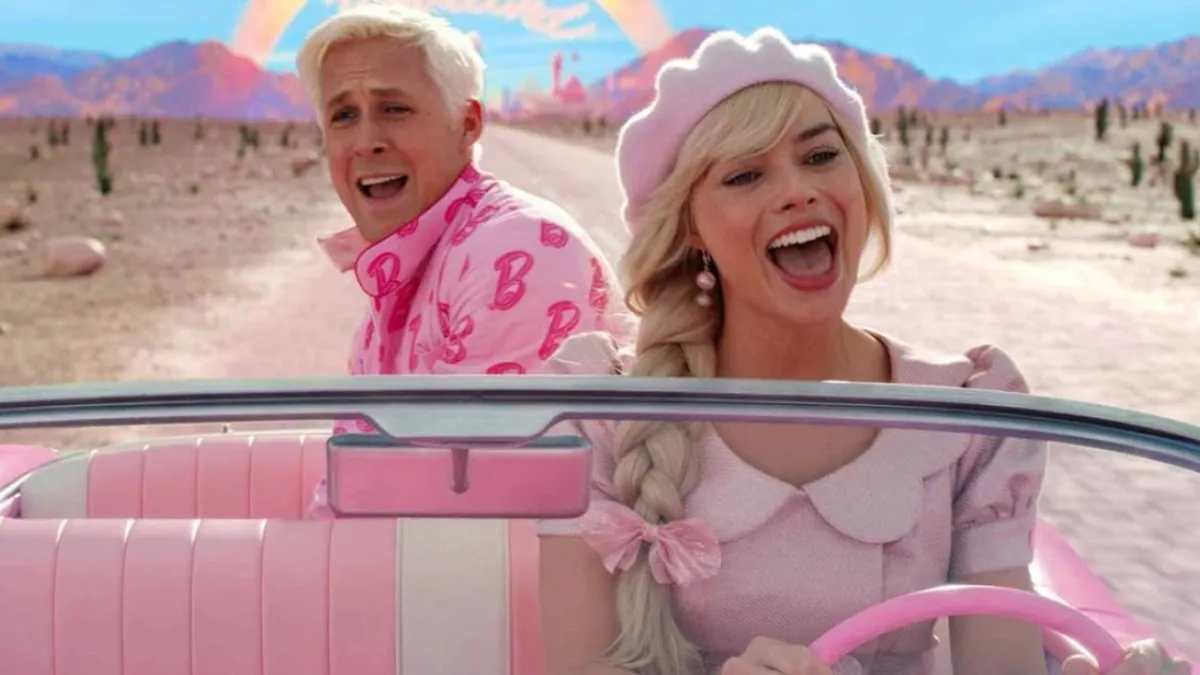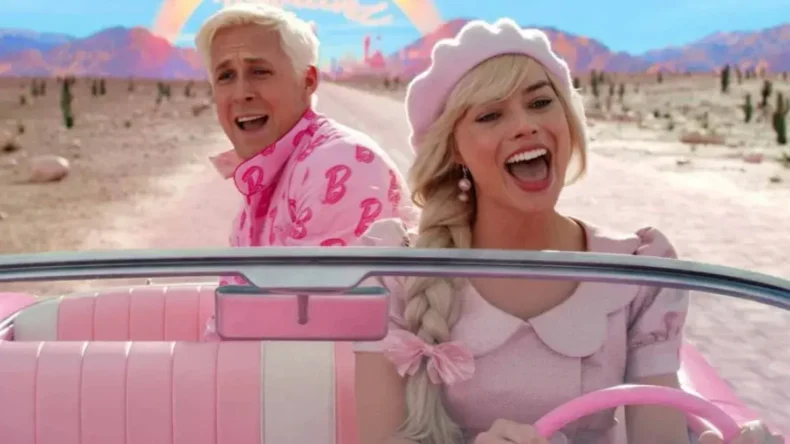In a controversial move that sparked global debate, the Pakistani government blazoned a temporary ban on Barbie movie due to contended LGBTQ- leaning content. The ban was issued in response to enterprises that the iconic movie represents values that discord with Pakistan’s artistic and religious beliefs. The decision, reported by The Economic Times, sparked debates over freedom of expression, artistic considerations and LGBTQ rights in the country. The purpose of this composition is to examine the explanation for the ban, its counteraccusations, and the broader environment of LGBTQ rights in Pakistan.
Barbie is a popular fashion doll from American toy maker Mattel, and has been popular each over the world since its release in 1959. With a wide range of professions, styles and accessories, Barbie is seen as both a symbol of commission for youthful girls and a representative of Western ideals of beauty and femininity. Over the times, still, the doll has been blamed for upholding unrealistic beauty norms and gender conceptions. Prohibition and its defence Pakistan’s ban on Barbie movie were urged by allegations that Barbie movie promote LGBTQ friendly content. While the reports didn’t unfold on the specifics, it’s important to note that Pakistan is a largely conservative and religious society where homosexuality continues to be criminalized. Numerous Islamic scholars consider homosexuality to be contrary to Islamic training, and this view is participated by a significant member of the population.
The government’s decision to temporarily ban Barbie movie is an attempt to baffle what the government perceives as promoting LGBTQ ideals among the youngish generation. Proponents of the ban say it upholds Pakistan’s traditional values and prevents children from being exposed to content that challenges the country’s societal morals. The ban on Barbie movie has sparked contestation both at home and abroad. LGBTQ rights lawyers say the ban reflects discriminative stations towards the community and continues the smirch and demarcation LGBTQ people formerly face in the country. The move is seen as an attempt to quash debates about sexual exposure and diversity that are vital to the progress of society. Again, proponents of the ban argue that it’s necessary to save the country’s artistic and religious structures.

They argue that Barbie’s purported LGBTQ friendly content could undermine the traditional family values and moral principles on which Pakistani society is grounded. The Barbie movie ban raises questions about freedom of expression and artistic perceptivity. Freedom of expression is considered an introductory mortal right, but it also comes with a responsibility to admire the artistic and religious beliefs of different societies. Striking a balance between promoting freedom of expression and esteeming artistic morals is a complex challenge for governments around the world.
Critics argue that banning similar artistic products stifles creativity and prevents open dialogue. rather, they want a further inclusive discussion that respects different opinions while allowing indispensable points of view to be expressed. This approach may lead to lesser understanding and empathy between different communities, easing rather than stifling dialogue.
LGBTQ Rights in Pakistan
The Barbie movie ban draws attention to the broader issue of LGBTQ rights in Pakistan. Homosexuality remains illegal under the country’s correctional law and carries harsh penalties, including imprisonment and, in some cases, the death penalty. LGBTQ people in Pakistan frequently face social rejection, demarcation and violence, making it extremely delicate for them to express their identity openly. As LGBTQ activists continue to push for social acceptance and legal reform, some see the Barbie ban as a reflection of the hurdles they face in defending their rights. The ban is a memorial of the laborious struggle waged by Pakistan’s LGBTQ community for recognition, protection and equivalency before the law.
Pakistan’s temporary ban on Barbie movie contended to contain LGBTQ friendly content has sparked significant debate about freedom of expression, artistic perceptivity and LGBTQ rights in the country. The move reflects a conflict between traditional values and the growing demand for inclusivity and recognition of different individualities. As this ban remains a subject of debate, it’s important that stakeholders engage in formative dialogue and find common ground that respects artistic values while promoting the principles of mortal rights and equivalency for all.












